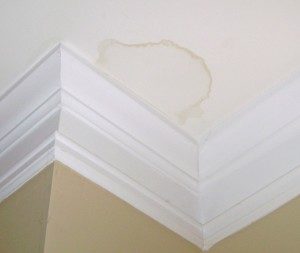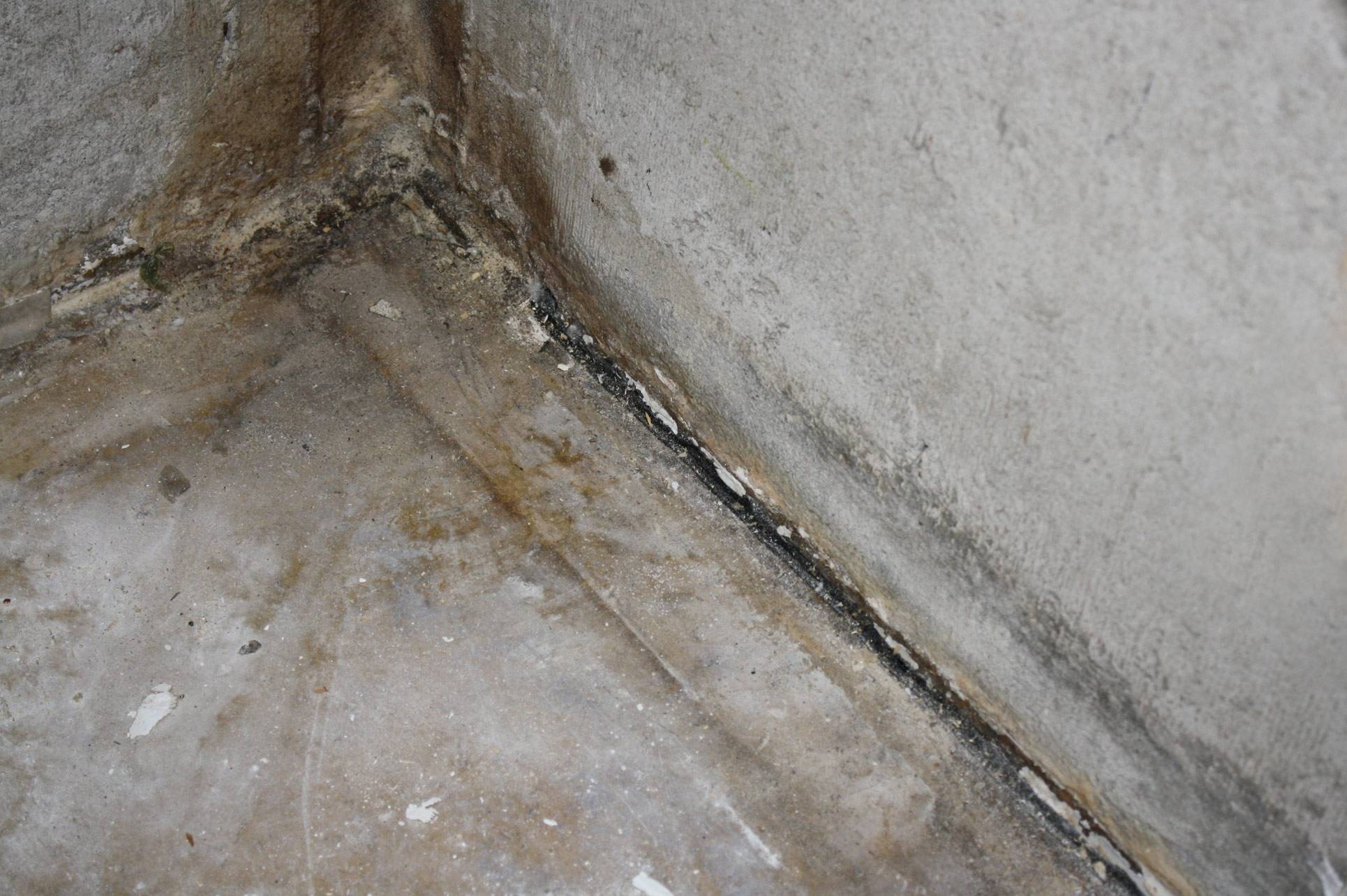Identify A Half-Dozen of Commonest Leak Triggers Within The Home
Identify A Half-Dozen of Commonest Leak Triggers Within The Home
Blog Article
Presented here in the next paragraph you'll find additional incredibly good data with regards to How to detect water leaks in your home.

Leaks not just cause waste of water however can additionally cause unnecessary damages to your home and advertise unwanted organic growth. Water leakages could go unnoticed because most of the pipework in our residence is concealed. By understanding and looking for day-to-day situations that trigger leaks, you can protect your house from future leakages and unneeded damages. Today, we will check out six leakage triggers that may be causing your pipelines to drip.
Instant temperature level modifications.
Severe temperature level modifications in our pipes can trigger them to broaden and get suddenly. This growth and also tightening may create fractures in the pipes, particularly if the temperature are below freezing. It would certainly be best if you kept an eye on how your plumbing works. The presence of the previously stated conditions regularly shows a high danger.
Corroded water systems
As time passes by, your plumbing system ages and also rust such as rust might start gnawing the pipes. This could be the source of discoloration or bending on your water pipes. This asks for an assessment with your plumber promptly. If our plumbing system is old, think about replacing the pipes given that they are at a greater threat of corrosion than the more recent versions.
Defective Pipe Joints
The point at which your pipelines attach is regularly the weakest link in the waterline. Pipeline joints can wear away with time, resulting in water leaks. The bulk of pipe joints are not conveniently noticeable. If you have noisy pipelines that make ticking or banging noises, specifically when the warm water is turned on, your pipeline joints are probably under a great deal of pressure. It is suggested to have your plumber examine your system yearly.
Intruding origins
A lot of water leakages start outside your house rather than inside it. If you observe a sudden reduction in water stress, say in your tap, require time to head out and analyze your backyard. You could see wet spots or sinkholes in your yard, which could suggest that tree roots are getting into water lines causing water to seep out. You can have your plumber look for breach, especially if you have trees or hedges near your property.
Poor Water Connectors
Sometimes, a leak can be brought on by loose tubes and pipelines that supply your devices. Usually, moving is what creates the loose water Links. You could discover when it comes to a washing maker, a tube may spring a leak as a result of drinking during the spin cycle. In case of a water links leak, you might discover water running straight from the supply line or puddles around your devices.
Clogged Drains
Blocked drains pipes may be irritating and also inconveniencing, but they can often wind up creating an overflow resulting in break pipelines. Maintain removing any materials that might drop your drains pipes that can obstruct them to avoid such hassles.
All the above are root causes of leaks however not all water leakages result from plumbing leaks; some leaks may come from roofing system leaks. All leaks should be repaired instantly to avoid water damages.
Leakages not only cause waste of water but can also create unneeded damage to your residence and also advertise unwanted natural development. By looking as well as understanding for day-to-day circumstances that cause leakages, you can safeguard your residence from future leakages and unneeded damage. Today, we will certainly look at six leakage triggers that might be triggering your pipelines to leak.
At times, a leakage can be caused by loose tubes as well as pipelines that supply your devices. In situation of a water links leak, you may observe water running directly from the supply line or pools around your appliances.
How To Check For Water Leak In Your Home
How To Check for Leaks
The average household's leaks can account for nearly 10,000 gallons of water wasted every year and ten percent of homes have leaks that waste 90 gallons or more per day. Common types of leaks found in the home are worn toilet flappers, dripping faucets, and other leaking valves. These types of leaks are often easy to fix, requiring only a few tools and hardware that can pay for themselves in water savings. Fixing easily corrected household water leaks can save homeowners about 10 percent on their water bills.
To check for leaks in your home, you first need to determine whether you're wasting water and then identify the source of the leak. Here are some tips for finding leaks:
Take a look at your water usage during a colder month, such as January or February. If a family of four exceeds 12,000 gallons per month, there are serious leaks.
Check your water meter before and after a two-hour period when no water is being used. If the meter changes at all, you probably have a leak.
Identify toilet leaks by placing a drop of food coloring in the toilet tank. If any color shows up in the bowl after 10 minutes, you have a leak. (Be sure to flush immediately after the experiment to avoid staining the tank.)
Examine faucet gaskets and pipe fittings for any water on the outside of the pipe to check for surface leaks.
Undetected water leaks can happen without the home or business owner even realizing. If you suspect a water leak, but not able to find the source. It is time to contact a professional water leak detection service, The Leak Doctor.
How To Find a Water Leak In Your Home
https://www.leakdoctor.com/blog/How-To-Check-For-Water-Leak-In-Your-Home_AE197.html

I ran across that review on Common Water Leaks In House while surfing around the search engines. Sharing is nice. Helping others is fun. Thank you for your time spent reading it.
Need help? Call. Report this page